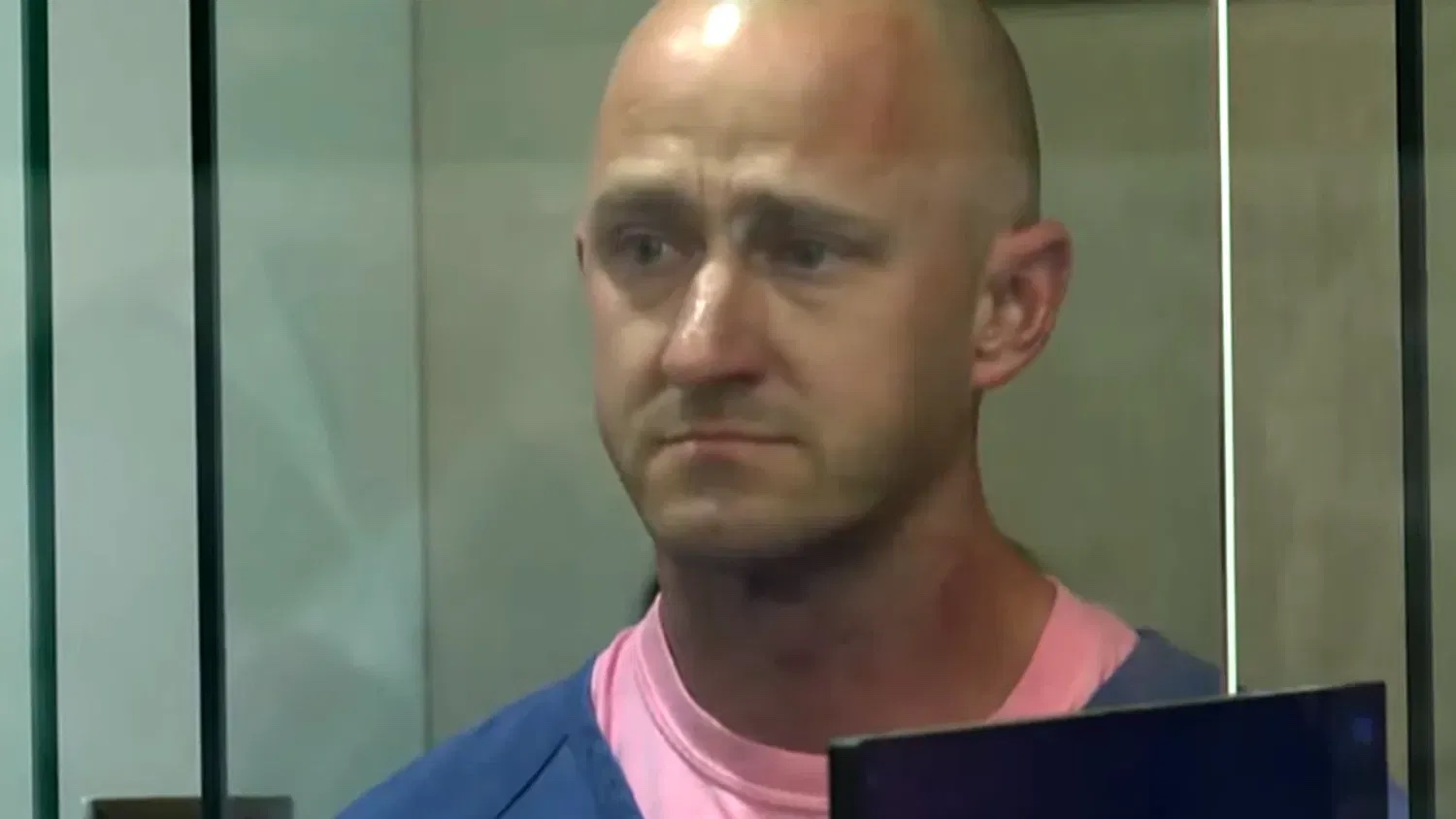Alaska Airlines Pilot Pleads Guilty In Horizon Air Engine Shutdown To Avoid Prison

Joseph Emerson, the former Alaska Airlines pilot at the center of the Horizon Air Flight 2059 incident, has entered a guilty plea in federal court and reached a deal in state court that brings this long-running case closer to resolution and helps to avoid an extended prison sentence.
Joseph Emerson Pleads Guilty In Federal Case, Reaches State Deal After In-Flight Engine Shutdown Attempt
On September 5, 2025, Emerson pleaded guilty in federal court to a single count of interfering with flight crew members and attendants. In Oregon state court, he will plead no contest to one count of endangering an aircraft and 83 counts of reckless endangerment, reflecting every person aboard the flight. The expected outcome includes up to one year in federal custody (though statutorily, he may be given up to a 20-year sentence) and, in the state case, 50 days in jail (which he has already served), five years of probation, 664 hours of community service, $60,569 in restitution, and continued mental health and substance evaluations. He must also avoid unauthorized proximity to aircraft. Sentencing in the federal case is scheduled for November 17, 2025.
What Led To The Incident
The incident occurred on October 22, 2023, when Emerson, riding in the cockpit jump seat on Horizon Air Flight 2059 from Everett (PAE) to San Francisco (SFO), pulled both fuel shutoff “T-handle” levers, a move that could have resulted in dual engine flameout. The flight crew quickly reset the handles, removed him from the cockpit, and diverted safely to Portland (PDX). Emerson later told investigators he had not slept for more than 40 hours, was grieving a friend’s death, and had taken psychedelic mushrooms for the first time. He said he thought he was dreaming and was trying to wake up.
The Human Side Of The Story
As I have written before, Emerson has expressed deep remorse, calling it “thirty seconds of my life I wish I could change.” He has accepted responsibility for the choices that led to that moment and has spoken about the stigma that still surrounds pilot mental health, particularly when treatment can jeopardize a medical certificate.
This case continues to highlight gaps in how the industry addresses mental health and cockpit access. Pilots should not feel compelled to self-medicate or suffer in silence. Meaningful support systems, paired with clear pathways to seek help without automatic loss of livelihood, remain essential.
> Read More: Joseph Emerson Tells His Side Of The Story | Trial Preview And Context | Ongoing Coverage
CONCLUSION
Emerson’s plea brings accountability and closure for many who were impacted, while underscoring the need for better pathways to care. The aviation community should take this as an opportunity to strengthen support for pilots before a moment of crisis ever occurs. I also recognize that recommending is one thing and actaully doing it is a much more difficult matter.
image: KOMO News pool photo